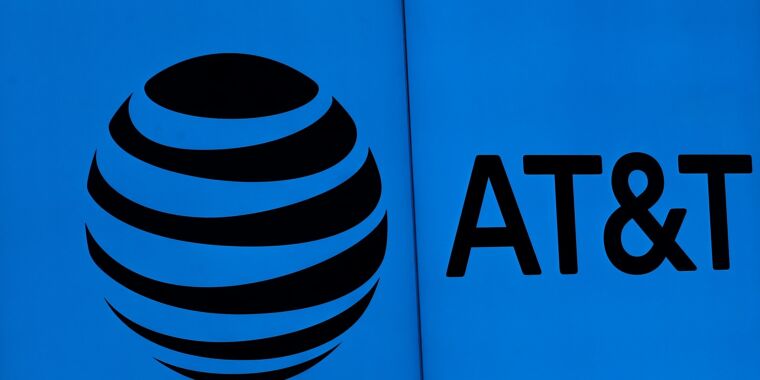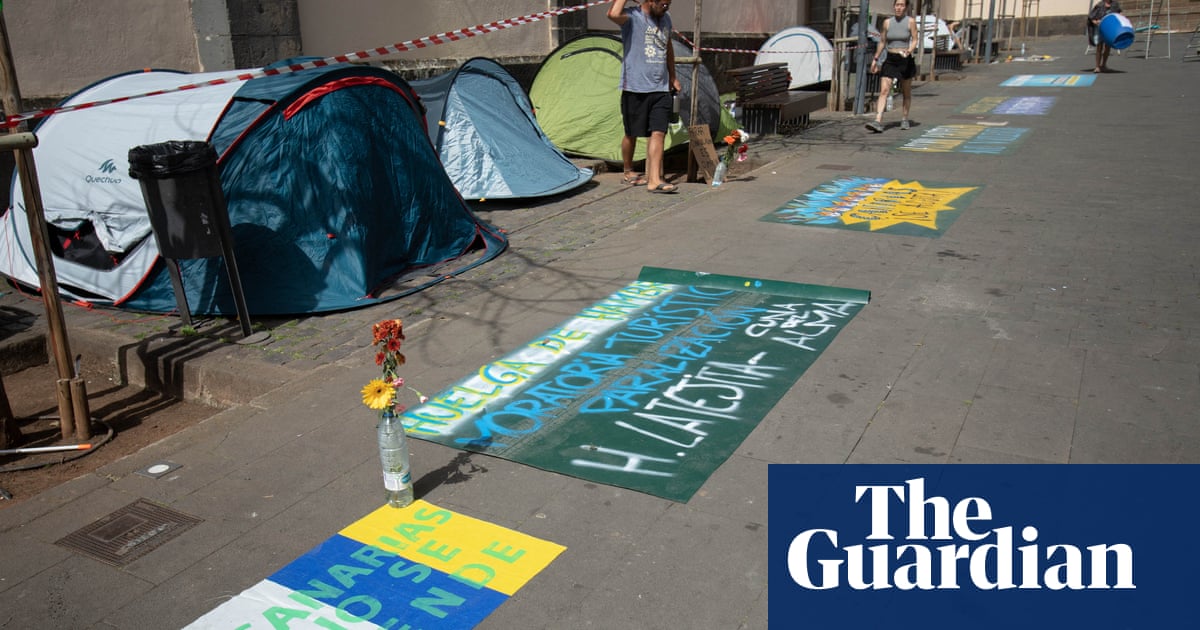
Farewell, Millennial Lifestyle Subsidy
A few years ago, while on a work trip in Los Angeles, I hailed an Uber for a crosstown ride during rush hour. I knew it would be a long trip, and I steeled myself to fork over $60 or $70.
Experiences like these were common during the golden era of the Millennial Lifestyle Subsidy, which is what I like to call the period from roughly 2012 through early 2020, when many of the daily activities of big-city 20- and 30-somethings were being quietly underwritten by Silicon Valley venture capitalists.
For years, these subsidies allowed us to live Balenciaga lifestyles on Banana Republic budgets. Collectively, we took millions of cheap Uber and Lyft rides, shuttling ourselves around like bourgeoisie royalty while splitting the bill with those companies’ investors. We plunged MoviePass into bankruptcy by taking advantage of its $9.95-a-month, all-you-can-watch movie ticket deal, and took so many subsidized spin classes that ClassPass was forced to cancel its $99-a-month unlimited plan. We filled graveyards with the carcasses of food delivery start-ups — Maple, Sprig, SpoonRocket, Munchery — just by accepting their offers of underpriced gourmet meals.
These companies’ investors didn’t set out to bankroll our decadence. They were just trying to get traction for their start-ups, all of which needed to attract customers quickly to establish a dominant market position, elbow out competitors and justify their soaring valuations. So they flooded these companies with cash, which often got passed on to users in the form of artificially low prices and generous incentives.


















